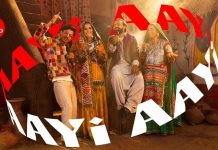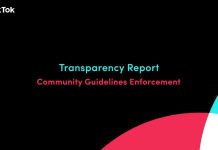Pakistan Electronic Media Regulatory Authority (PEMRA) issued a suggestion announcing that a licensing fee should be charged from digital content creators including web channels, Over the highest TV content services ( OTT ) that has YouTube channels across Pakistan.
PEMRA Statement:
The extensive growth of the online tv & ott market and therefore the excessive disruption of those services to traditional broadcast services have made regulators vigilant everywhere the world. Moreover, the broadcasters /tv operators and other traditional service providers are losing their market share to online Web TV and content providers.
There are other regulatory issues also which necessitate it to manage & hence license the online tv & ott services. For instance, all PEMRA licensed broadcasters are subject to compliance with code of conduct-2015 which needs the operators to possess in-house delaying mechanism and editorial control to filter content which isn’t in compliance with the code of conduct etc. However, the online TV and OTT players aren’t subject to any code of conduct & other PEMRA laws. Moreover, as a regulator, it’s the responsibility of PEMRA to supply a level playing field to all or any . Since OTT & Web TV operators are competing for an equivalent advertisement or subscription revenue as the licensed operators.
The Youtube Licence should become mandatory. Here is the link to PEMRA suggestions/proposals to manage digital content issued on the 8th of January. Comments are often submitted no later than the 14th of February’20.
Digital Strategy Reasons to expand your business in Pakistan
The fee of the Youtube License is usually recommended to be Rs 5 million for all digital content creators and incase your content deals with topics of current affairs the fee is around Rs 10 million.
Content creators round the globe practice the liberty of speech while in Pakistan things aren’t an equivalent . The licensing fee will become a hurdle for tons of creators.
The drive behind this policy is probably certain social media channels.
Pakistan has already omitted on an enormous learning bracket back in 2012 when Youtube was banned within the country for 3 years.
At that point in time, vlogging had just begun and content creators across the world on Youtube were amateurs. There was many room for creating mistakes and learning.
Once the ban was lifted after three years, Pakistani content creators had to compete in a world market that had already polished their skills leaving us far behind within the digital world.


























